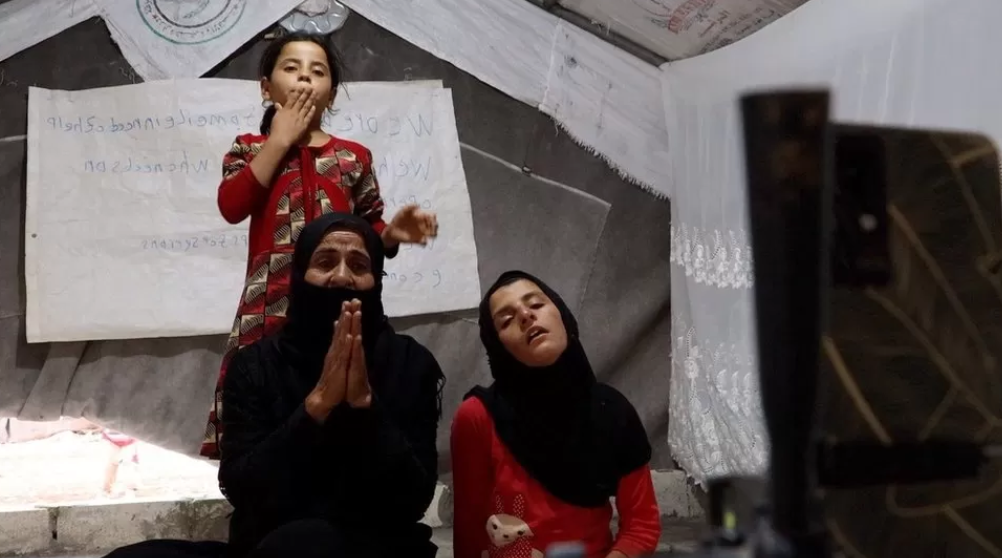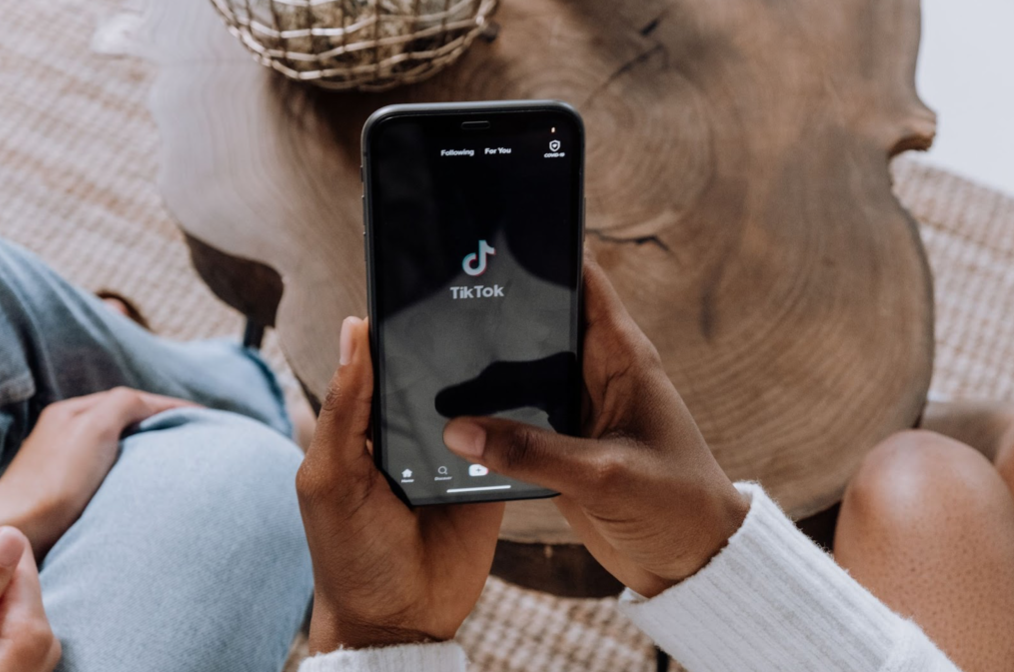Atop of their suffering from oppressive regimes and social structures, refugees also suffer the consequences of capitalist greed from business ventures.
TikTok has been accused of unethical practices after a BBC News investigation found that the company profits off poor families begging on the app.
It is believed that TikTok and partnered agencies take up to 70% of the money donated, handing over a small fraction of the donation to the refugees in need of support.
TikTok doesn’t inform donors that the majority of their money will be taken by the company, leading many to believe that their donations will reach the refugees they intended to help.
How the scheme works
TikTok contracts agencies to “recruit live streams and encourage users to spend more time on the app”, according to the BBC findings. Those agencies then hire so-called “TikTok middlemen” who provide phones and internet access to refugees. They also help users unblock their accounts and get better access to customer support than the average user.
The families then post the live streams under the impression that they’re raising money for themselves. The reality is that TikTok and its contracted agencies are the ones making the bulk of the money.
The middlemen set up the families with UK sim cards to show their content to British people, as it’s believed they’re the most generous.
TikTok’s response
TikTok said that “exploitative begging” is not allowed on its platform and vowed to take action. A few days later, it banned children under 18 from live-streaming on the app.
To donate money, donors need to buy TikTok Coins using real money. Coins can then be used to purchase Gifts in a live stream. The creator then converts the Gifts into Diamonds, which can be exchanged for real money.
This complex system of Money → Coins → Gifts → Diamonds → Money was likely designed to bury away TikTok’s revenue cut.
The company refused to disclose the percentage of revenue it takes from live stream donations. It insisted that it takes significantly less than 70% of the money from donations.
However, when the BBC ran an experiment donating gifts to a test account, the account received 106 donated. As such, it seems that TikTok and its contracted agencies took 69% of the donated revenue.
Moral responsibility
While it is unlikely that TikTok’s malicious profiting is illegal, it is absolutely misleading and immoral. Donors were given the impression that their donations go straight to the people needing it, when in reality TikTok and its affiliates take the majority of the money.
TikTok’s decision to ban begging and children from live-streams appears to be a misguided one. The company has the opportunity to help send money to those that need it, having an audience willing to donate and can offer a scheme to ensure 100% of donations go to those most in need.
However, instead of enabling this functionality, TikTok has cut a potential lifeline from families that need it most. Instead of helping families connect and receive donations from a generous user base, the company has left those needing the assistance out in the dark.
Reinforcing the notion that poor families, as always, remain an afterthought when it comes to maximising profits for businesses and capitalist ventures.

While TikTok’s response implies that it accidentally exploited refugees, this doesn’t excuse the company from it.
With an estimated ten thousand employees and $6 billion in revenue, TikTok is morally obliged to ensure its products are used correctly. Rather than building purely for growth, the company should shift some of its focus into preventing and detecting such inhumane practices without requiring media backlash to call them out on it.
TikTok’s commercialisation of people’s suffering, whether intentional or not, is a product of greedy capitalism that prioritises profits and growth overall.
Desensitising humanity
There is no doubt that such videos and incidents further desensitise humanity. Research shows that we become more desensitised to events the more we hear about them.
For example, if we hear of one murder a year, we’ll be outraged and extremely empathetic about it, whilst reading about several murders every day normalises such events.
With TikTok’s exploitative practices, we become more desensitised to the suffering of vulnerable peoples and refugees. What should cause outrage within us begins to cause milder reactions due to the repetitiveness of the incidents.
As per, the company makes a statement, changes a policy, and carries on operating unpunished. On the other hand, the poor families who went from suffering under oppressive regimes to refugee camps where they suffer from oppressive structures, find themselves subjected to yet more suffering and exploitation when they look to us for help – because capitalist ventures lack the moral and ethical systems to place human before profit.







